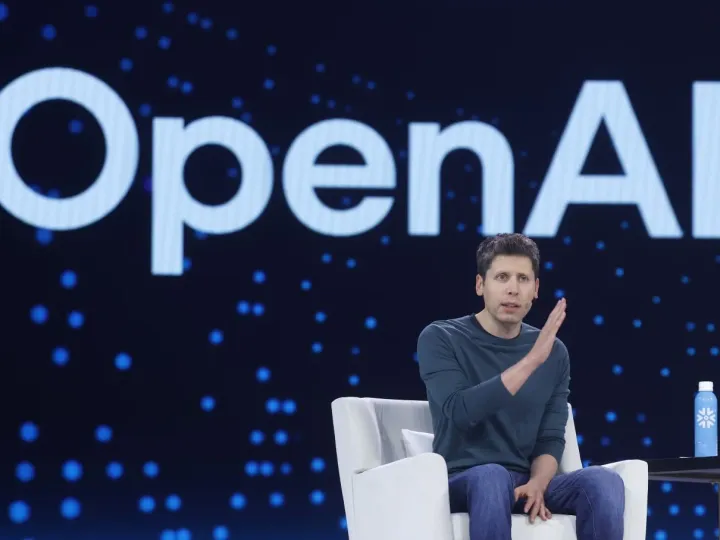Could an AI Therapist Be Your Next Mental Health Coach

AI Therapy: Can Chatbots Really Improve Mental Health?
AI in Mental Health Treatment: A Gamechanger
A groundbreaking study by researchers at Dartmouth College has revealed that AI-powered chatbots can effectively assist with mental health treatment. The study tested Therabot, a generative AI chatbot designed to provide evidence-based mental health support. The results? Significant reductions in depression, anxiety, and even eating disorder symptoms.
As technology continues to reshape healthcare, AI therapists like Therabot could revolutionize mental health care, offering affordable, accessible, and stigma-free support worldwide.
The Study: How AI Therapy Works
What is Therabot?
Therabot is an AI chatbot fine-tuned by mental health professionals to provide cognitive therapy. Unlike simple chatbots, it’s built on advanced generative AI technology, trained to offer structured mental health interventions.
The Research Behind AI Therapy
Dartmouth College’s study, titled ‘Randomised Trial of Generative AI Chatbot for Mental Health Treatment’, was conducted at the Centre for Technology and Behavioural Health (CTBH), part of the Geisel School of Medicine in New Hampshire.
The trial involved participants engaging with Therabot for an average of six hours over eight weeks—equivalent to around eight therapy sessions.
Key Findings of the Study
- 51% reduction in depression symptoms
- 31% reduction in anxiety symptoms
- Users reported high trust in Therabot
- Strong therapeutic bond was formed between users and the chatbot
- Participants communicated comfortably, reducing stigma associated with traditional therapy
Can AI Replace Human Therapists?
AI chatbots are not intended to replace human therapists, but they can be an effective supplement. They provide continuous support between traditional therapy sessions, help individuals experiencing early signs of mental health struggles, and make therapy accessible to those in remote areas or with financial constraints.
The Advantages of AI in Therapy
- 24/7 Availability – Unlike human therapists, AI chatbots are always accessible.
- Affordable – AI therapy is cost-effective compared to traditional therapy sessions.
- Privacy & Anonymity – Many individuals feel more comfortable discussing personal issues with an AI than a human.
- Evidence-Based Support – AI can be trained on the latest mental health research to provide high-quality support.
The Limitations of AI Therapy
- Lack of Human Empathy – AI can mimic conversation but lacks real emotional intelligence.
- Not Suitable for Severe Cases – AI cannot replace human intervention in severe mental health disorders.
- Ethical & Safety Concerns – AI must be carefully programmed to handle crises and provide appropriate recommendations.
The Future of AI Therapy
The success of Therabot highlights the growing role of AI in mental healthcare. With continuous improvements in AI models and increased integration with human-led therapy, AI-powered mental health support is set to become more effective and widely accepted.
While AI cannot fully replace human therapists, it is clear that AI-driven therapy can be a gamechanger—providing accessible, affordable, and stigma-free mental health care to millions around the world.



